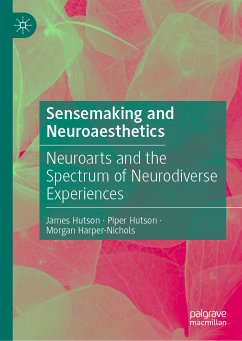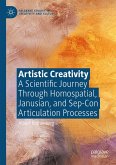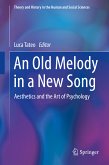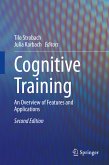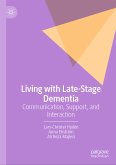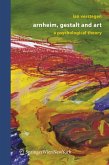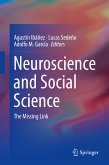James Hutson is Professor of Art History and Visual Culture at Lindenwood University (USA). He specializes in multidisciplinary research that encompasses AI, neurohumanities, neurodiversity, and immersive realities. His scholarly portfolio includes several books on the application of artificial intelligence in education and cultural heritage, including Inclusive Smart Museums (Palgrave McMillan, 2024).
Piper Hutson is an art curator and instructor with over sixteen years of experience in galleries across the United States. Her expertise lies in 19th-century British art, art education, and inclusivity in cultural heritage collections for neurodiverse populations, and she currently serves as both a Corporate Art Curator and an instructor in higher education at Lindenwood University (USA).
Morgan Harper-Nichols is an Atlanta, GA-based neurodivergent artist committed to mental well-being, accessibility, and a deeper understanding of neurodiversity in the arts. She is currently pursuing an MFA in Interdisciplinary Media Arts at Lindenwood University, where she studies interactive art and games, AI, as well as the intersection of neurodiversity, art, and its impact at a sensory level.
Dieser Download kann aus rechtlichen Gründen nur mit Rechnungsadresse in A, B, BG, CY, CZ, D, DK, EW, E, FIN, F, GR, HR, H, IRL, I, LT, L, LR, M, NL, PL, P, R, S, SLO, SK ausgeliefert werden.

